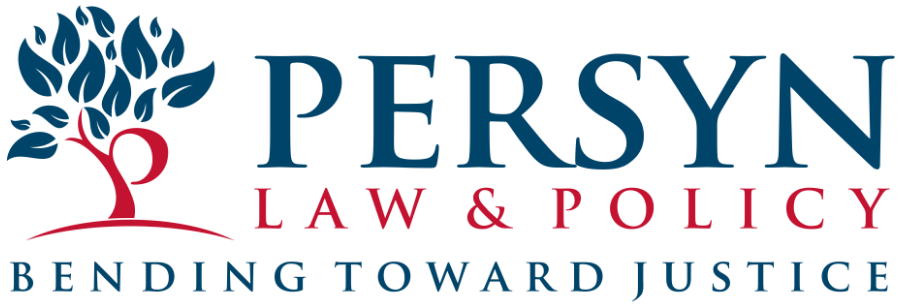Persyn Law & Policy is proud to serve on the trial team for Arce v. Douglas, a case testing the constitutionality of Arizona Revised Statutes, Sec. 15-112, which bans certain courses of study. When the case was before the Ninth Circuit, I co-authored an amicus brief on behalf of public school teachers with a partner at my former firm; you can read the brief here. Seattle University's coverage of the ensuing Ninth Circuit ruling, which remanded the case to the District of Arizona, is below. Trial is scheduled for Fall 2016.
Ninth Circuit Court ruling favors law school legal team
JULY 08, 2015
In an important decision to advance equality and freedom of speech, the Ninth Circuit reversed the district court and held that a challenge to the Arizona law prohibiting Mexican American studies courses raises claims that should go to trial.
In Arce v. Douglas, high school students challenged an Arizona law that dismantled the highly successful Mexican American Studies (MAS) program in the Tucson Unified School District. They argued that it was unconstitutionally vague and overbroad, discriminated based on viewpoint, and was enacted and enforced in a discriminatory manner.
The district court in 2013 agreed that one of the provisions, which could outlaw any ethnic studies course, violated the First Amendment, but it granted summary judgment against the students on their other claims.
Importantly, the Ninth Circuit panel agreed that students have a First Amendment right to receive information and ideas and the provision that would outlaw virtually any ethnic studies course violated this First Amendment right.
Though the panel agreed with the district court that the other provisions were not vague or overbroad, it reversed the grant of summary judgment against the students on their discrimination claims. The court found that there was substantial evidence that the law was adopted out of a racially discriminatory animus and directed that the students’ equal protection discrimination claims be set for trial. Erwin Chemerinsky, dean of University of California Irvine School of Law, who argued on behalf of the students, notes, “The panel’s opinion is a key step on the path to having this very objectionable, discriminatory law struck down as violating equal protection and freedom of speech.”
Robert Chang, executive director of the Korematsu Center, who led the students’ legal team on appeal, commented, “We are pleased that the Ninth Circuit upheld a key finding of the district court, and we are excited for the opportunity to tell the plaintiffs’ story in court, that the students and the Mexican American community might yet find vindication.”
The legal team includes Chang, Chemerinsky, Tucson attorney Richard Martinez, and Seattle University professors Lorraine Bannai and Charlotte Garden. Since the spring of 2012, students from the Korematsu Center’s Civil Rights Amicus and Advocacy Clinic have assisted on the case. Anjana Malhotra, formerly a clinical teaching fellow at the Korematsu Center and now associate professor at SUNY Buffalo Law School played a key role in the development of the legal theories and with the briefing in this litigation. Sujal Shah, at Morgan Lewis, led a team of lawyers who provided key assistance in the appeal.
Read more about the law school's work on this case here.
